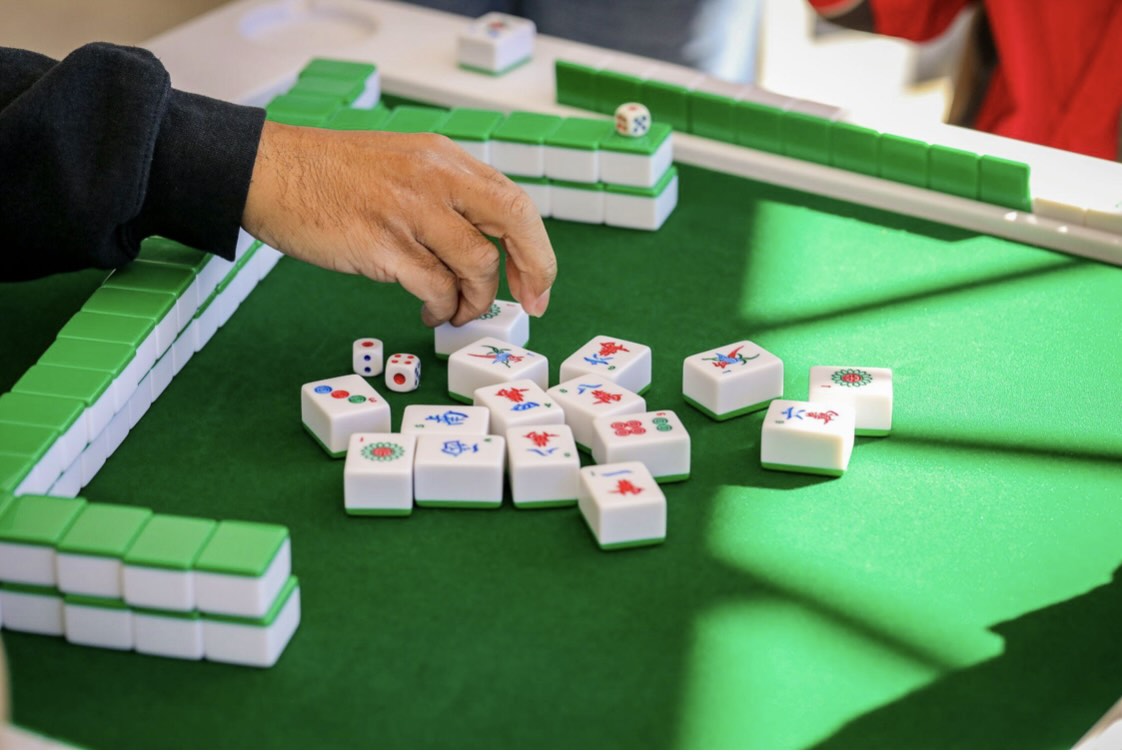Apr 19 (News On Japan) - Mahjong is gaining popularity in Japan, recognized as both a professional sport with growing international recognition and a casual hobby.

The M.League has helped establish mahjong as a competitive sport, while some initiatives have repositioned it as a social activity, shifting away from its association with gambling.
Mahjong, a game deeply rooted in Japanese culture for nearly a century, continues to flourish in modern Japan. Introduced by Saburo Hirayama in 1924, the Japanese variant of mahjong, particularly the riichi style, has become a popular form of entertainment and social interaction nationwide. This article takes a look at how mahjong is doing in Japan today, exploring its growth as a professional sport gaining international attention, as well as its popularity as a fun, casual pastime.
Mahjong as a Professional Sport
In Japan, mahjong has gained recognition as a professional sport, with over 2,400 professional players organized into various leagues. The M.League, launched in 2018, stands out as a premier professional league that showcases mahjong as a competitive activity. Teams compete in rankings and playoffs, contributing to the game's rising popularity, especially among younger generations.
The growing popularity of professional mahjong has built a loyal fanbase. Some fans even create blogs or websites, such as https://k-bys.work/, to share news about their favorite players.
The M.League and Competitive Mahjong
The M.League features nine corporate-sponsored teams, each consisting of four professional players drafted from Japan's mahjong organizations. Players receive salaries, and the league operates on a structured season format that includes regular matches, semifinals, and finals. This setup has transformed mahjong’s status from a recreational activity to a legitimate competitive sport.
Live broadcasts on platforms like ABEMA have further boosted the league and the game’s popularity. These broadcasts feature high production values and emphasize team branding. Players wear jerseys and compete under standardized rules that prioritize skill and strategy.
Mahjong as a Casual Hobby
Mahjong is growing as a social activity, with parlors in Japan offering smoke-free spaces and beginner classes. For example, women-only classes in Tokyo’s Ginza district provide an opportunity to learn the game without gambling or drinking. Such initiatives have helped redefine mahjong as a brain sport that fosters social connections rather than being centered around gambling.
The COVID-19 pandemic also played a role in revitalizing interest in mahjong. Online platforms allowed people to play the game remotely, while the growing popularity of the M.League inspired many to explore the game further. By 2022, the number of active mahjong players in Japan had reached 5 million, reflecting its attraction across all age groups.
International Recognition
Japan’s influence on mahjong extends globally. The World Riichi Championship (WRC), scheduled to be held in Tokyo in July 2025, underscores Japan’s central role in the international mahjong community. The WRC aims to standardize rules and unite players worldwide, demonstrating the game’s increasing global traction.
Professional leagues to casual get-togethers, mahjong keeps drawing in a wide range of players. With international events like the World Mahjong Championship and parlors adapting to modern trends, the game’s popularity seems set to last. For fun, competition, or just hanging out, mahjong is still a big part of Japanese culture, showing how games bring people together across generations and backgrounds.















